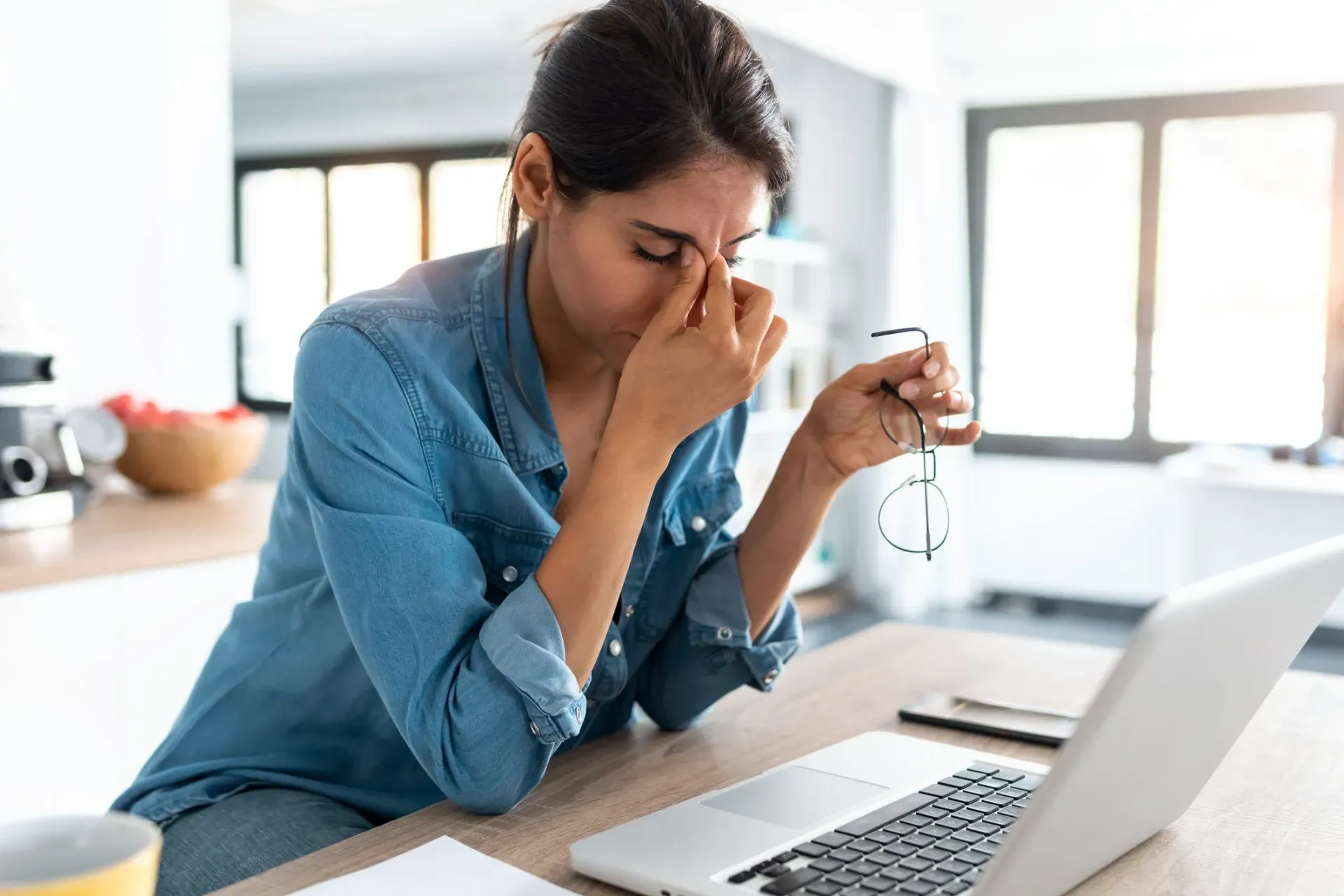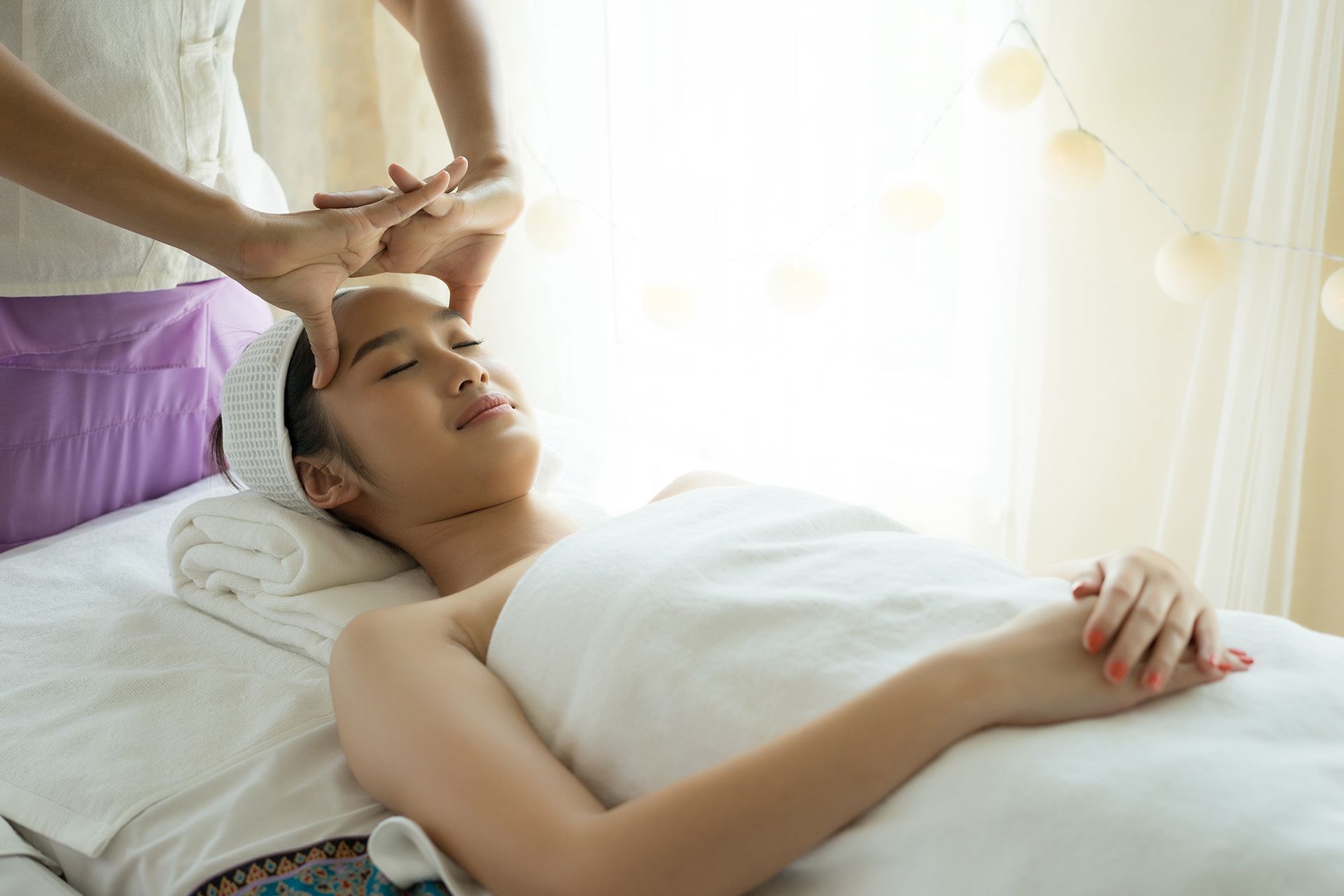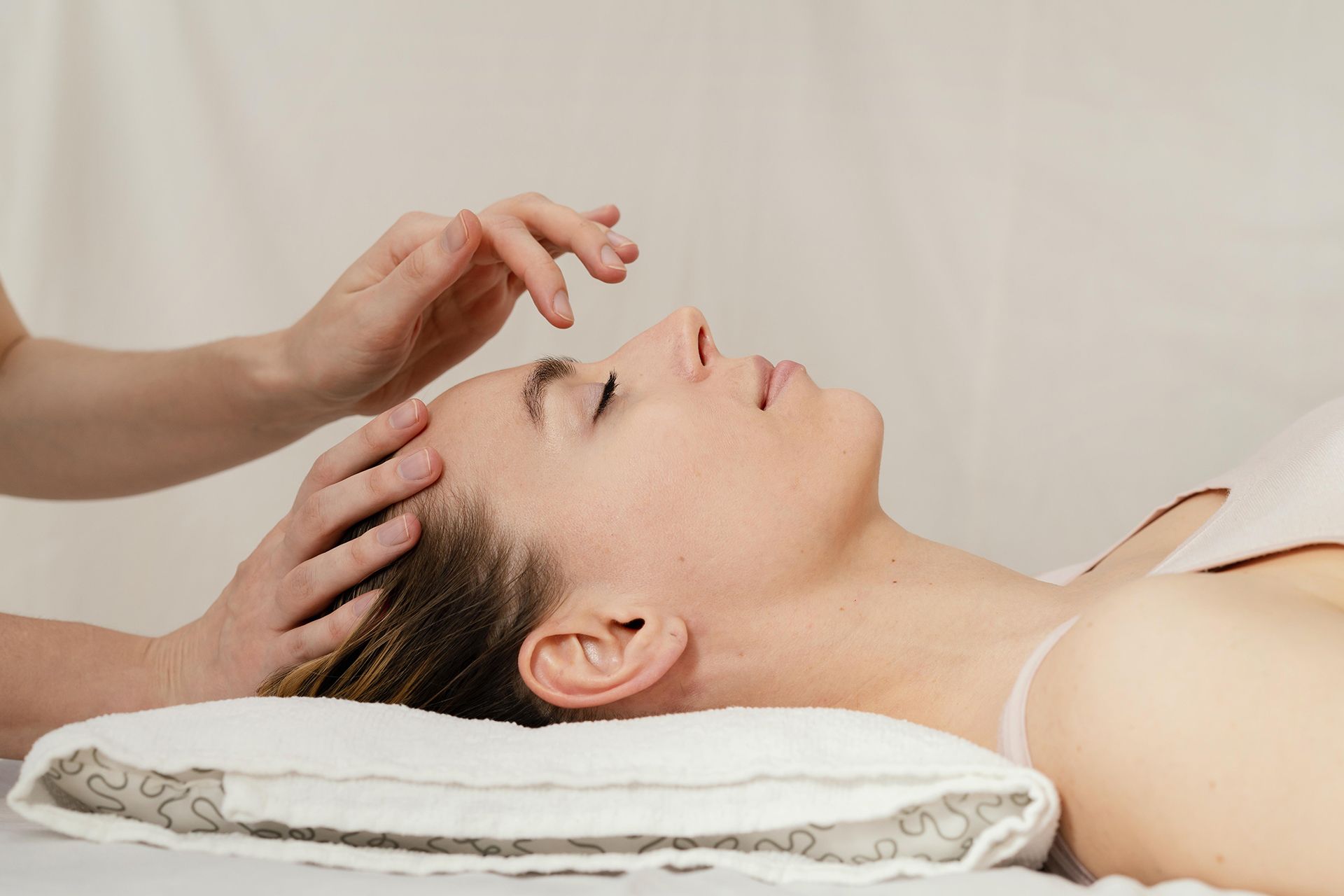Acupuncture for Stress & Anxiety
Anxiety disorders affect 40 million adults in the United States, making it the most common mental illness. The causes for anxiety disorders range from genetics and personality to life circumstances and hormones.
Anxiety disorders include:
- Generalized Anxiety Disorder (GAD)
- Social Anxiety
- Phobias
- Obsessive Compulsive Disorder (OCD)
- Panic Disorder
- Posttraumatic Stress Disorder (PTSD)
- Major Depressive Disorder
Although anxiety and depression are not the same conditions, many people who experience one will also experience the other. And though many people turn to various medications and antidepressants for relief, are those drugs really addressing the underlying problem? Are they perhaps causing different problems even as they treat anxiety?

How Does Acupuncture Work for Stress & Anxiety?
Acupuncture as a treatment for anxiety, depression, and stress has gained ground in recent years For some people, acupuncture can eventually help them go off of their anxiety medication or even make their medication work more effectively.
Anxiety, depression, and even stress can be traced to an imbalance in a person’s organs. Acupuncture points for depression and anxiety can help bring the body back to homeostasis (balance) so that the body as a whole can function well and heal itself.
Medical Research
“Acupuncture for anxiety”
Lake, MD
“Acupuncture as a therapeutic treatment for anxiety”
Evidence Based Acupuncture
“Acupuncture for treating anxiety and depression in women: A clinical systematic review”
P. Sniezek, DC, MD, MBA, FAAMA; I. J. Siddiqui, MD
“Acupuncture for stress and depression? Yes, please!”
Goetz, MS, LAC, ACC
Acupuncture for Migraines
A migraine is more than just a bad headache. Migraines stem from neurological problems and can have debilitating effects. Approximately 39 million Americans suffer from migraines. In addition to severe throbbing pain, migraines often bring other symptoms like nausea, dizziness, facial pain, and sensitivity to sound, light, and touch.
How Does Acupuncture Work for Migraines?
Unlike conventional medicine and prescription drugs, acupuncture and Chinese herbal medicine treat the underlying health problems behind migraines.
Common causes for migraines include:
- Shoulder or neck tension
- Fatigue and lack of sleep
- Stress
- Depression
- Anxiety
- Shock
The human body has the remarkable ability to heal itself. Acupuncture stimulates the body’s natural self-healing mechanism, often through vasodilation (widening of the blood vessels) and activating hormones.
Acupuncture treatments for migraines are ideal for those who do not want to take medication or who experience adverse side effects from drug treatments. Acupuncture is not a quick fix, however. Bringing your body back into balance and activating its natural self-healing abilities is a cumulative process, but it is also a rewarding one.
Medical Research
“Acupuncture for headache”
Langevin, MD; C. A. Bernstein, MD
“The long-term effect of acupuncture for migraine prophylaxis: A randomized clinical trial”
Zhao, PhD; J. Chen, PhD; Y. Li, PhD; et al
“Acupuncture migraine relief achievement”
Healthcare Medicine Institute
Acupuncture for Insomnia
If you struggle with insomnia, you’ve probably already heard all of the tips and tricks before–turn off your phone an hour before bed, go to bed earlier, have a set bedtime, incorporate a relaxing pre-bed routine, exercise, etc. But sometimes you can seem to do all the right things but not see much success.


How Does Acupuncture Work for Insomnia?
Acupuncture is a great natural alternative to sleeping pills and medications. Acupuncture stimulates blood flow and bring the body back into balance, which can include reducing stress and anxiety, often contributing factors to someone’s insomnia.
Acupuncture is also a long-term solution. While prescription sleep medications or sleeping pills might get you to go to sleep at night, they don’t treat any underlying conditions that may be causing your insomnia. Acupuncture, however, brings systemic healing to the root problems and doesn’t cause any of the unpleasant side effects that sleep meds do.
But healing doesn’t happen overnight. Acupuncture is not a one-and-done treatment. Just like it usually takes time for your body to fall out of balance, it will take time to bring it back into balance. During your full exam, we’ll outline a treatment schedule based on your specific body and needs. Then as we start treatment, we’ll adjust the schedule as needed.
Using natural, alternative approaches like acupuncture and Traditional Chinese Medicine (TCM) can help you finally get a good night’s sleep–every night.
Medical Research
“Can Acupuncture Help You Sleep?”
Sleep.org, The National Sleep Foundation
“Acupuncture for treatment of insomnia: A systematic review of randomized controlled trials”
Cao, MD, PhD; X. Pan, MD; H. Li, MA; J. Liu, MD, PhD
“Acupuncture for insomnia: A concise review”Lake, MD
Lake, MD
Don’t let anxiety, stress, and depression keep you from loving your life.
Schedule Your ConsultationBUSINESS HOURS
Monday - Open
Tuesday - Open
Wednesday - Open
Thursday - Open
Friday - Open
Sat-Sun - Closed
HSA and FSA Are Accepted

